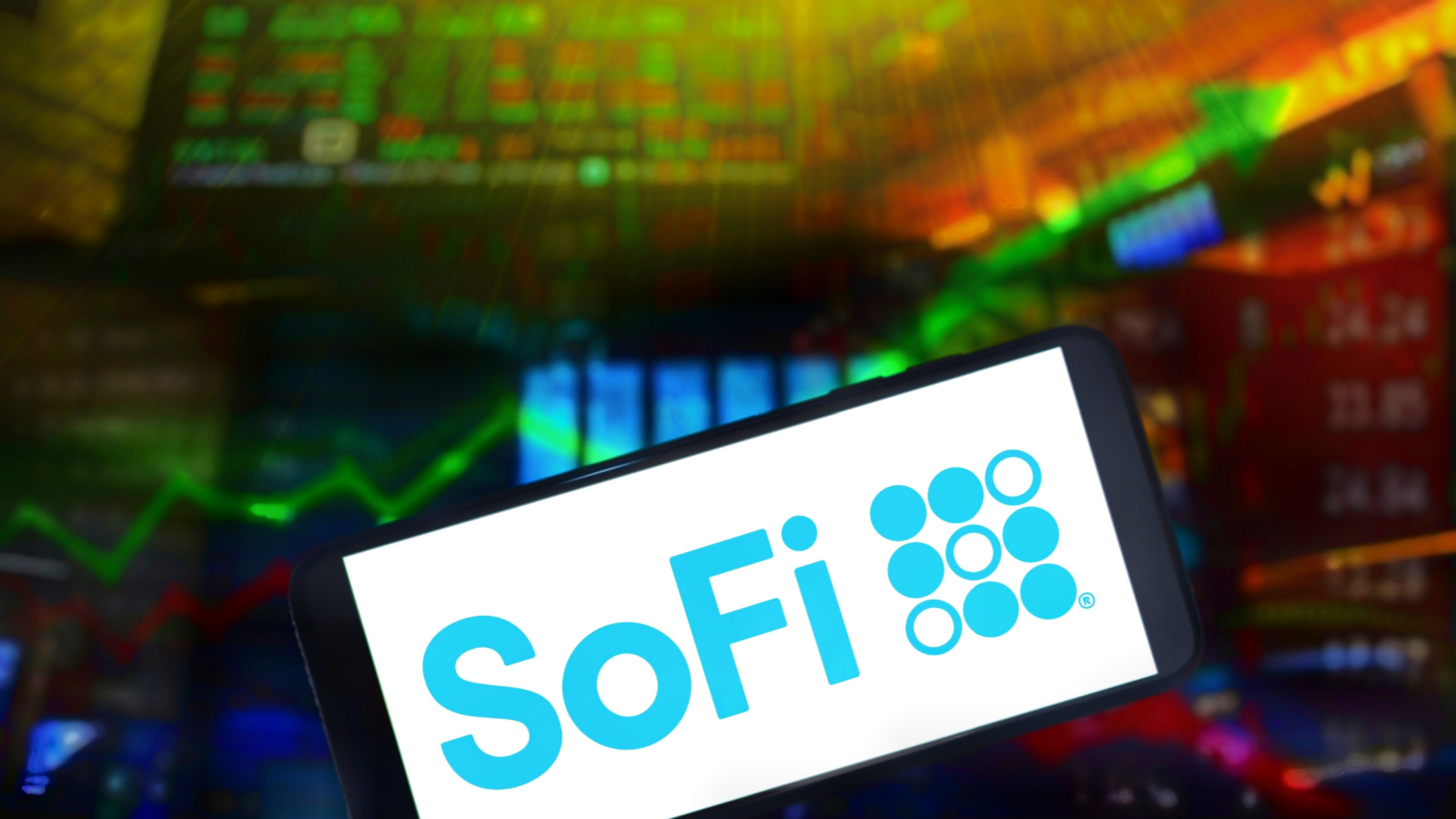SoFi (NASDAQ:SOFI) reported solid third-quarter results, and I’m much less worried about the company’s loan portfolio than I was. Still, SOFI stock remains overvalued, making the name unattractive for investors to buy at this point.
Strong Q3 Results
SoFi’s top line jumped 27% versus the same period a year earlier to $537 million. Meanwhile, EBITDA, soared 121% year over year (YoY) to $98 million. However, a significant portion of its growth was likely caused by the fact that student loan payments resumed in October. Indeed, CEO Anthony Noto reported that “Student loans, as expected, saw some increasing demand ahead of the resumption of student loan payments.”
I was impressed by the fact that the net interest income of the firm’s Lending unit soared 90% year-over-year. All as its overall deposits jumped by $2.9 billion versus Q3 of 2022.
Picking Up a Red Flag
In a May 2023 column, I warned that the company’s high reliance on personal loans in the first quarter, and its decision to refrain from selling any of those loans during the quarter, constituted a red flag for SOFI stock. I also noted that since many of the company’s clients were probably recipients of student loans, a high number of those who received personal loans form the company could have elevated levels of debt.
However, after examining the bank’s latest “loan book metrics,” as conveyed by Seeking Alpha columnist Alma Street Capital, I’m much less worried about this issue. That’s because the average credit score of the recipients of the company’s personal loans has remained around 745. Meanwhile, their mean income climbed to $167,000 last quarter from $160,000 in Q3 of 2022.
While Alma Street did not provide data on the average amount of debt that these borrowers have, the combination of their relatively high income and relatively high FICO scores makes me believe that most of them are probably making their loan payments on time and can handle their debt loads.
The Valuation of SOFI Stock Is Quite High
In SOFI’s third quarter, its net income was artificially low. Meanwhile, its adjusted EBITDA was artificially high. Its net income, which came in at -$266.7 million, was artificially low because it included a “one-time goodwill impairment expense of $247 million,” along with depreciation and amortization, which does not affect the company’s cash balances or real cash earnings, of $52.5 million. Its adjusted EBITDA is artificially high because it excludes interest expense of $9.78 million.
If you subtract the interest expense and share-based compensation from the company’s EBITDA, you get $26.2 million. Multiplying the latter number by four to get the 12-month run rate of what I’ll call the company’s “cash flow less stock-based compensation” yields $105 million. Since the stock’s market cap is $6.58 billion, it’s changing hands for 66 times shareholders’ cash flow. That’s a very high valuation.
Comparatively Speaking…
Conversely, PayPal’s (NASDAQ:PYPL) Q3 EBITDA ($1.456 billion) less the interest on its long-term debt ($84 million) and its stock-based compensation ( $1.087 billion) came in at $285 million. Multiplied by four, that results in $1.14 billion. Since the stock’s market capitalization is $60.8 billion, it’s trading for 53 times cash flow less stock-based compensation. That’s a much more attractive valuation than that of SOFI stock.
PayPal’s revenue rose by 8% year-over-year last quarter versus SoFi’s 27% gain. But as I noted earlier, SoFi’s growth was artificially lifted in Q3 by the looming return of student loan payments.
All in all, I believe that PYPL stock is a better buy than SOFI now. And with many large banks, such as Bank of America (NYSE:BAC), changing hands for less than ten times their net income, I’d take them over SOFI at this point as well.
On the date of publication, Larry Ramer did not have (either directly or indirectly) any positions in the securities mentioned in this article. The opinions expressed in this article are those of the writer, subject to the InvestorPlace.com Publishing Guidelines.
